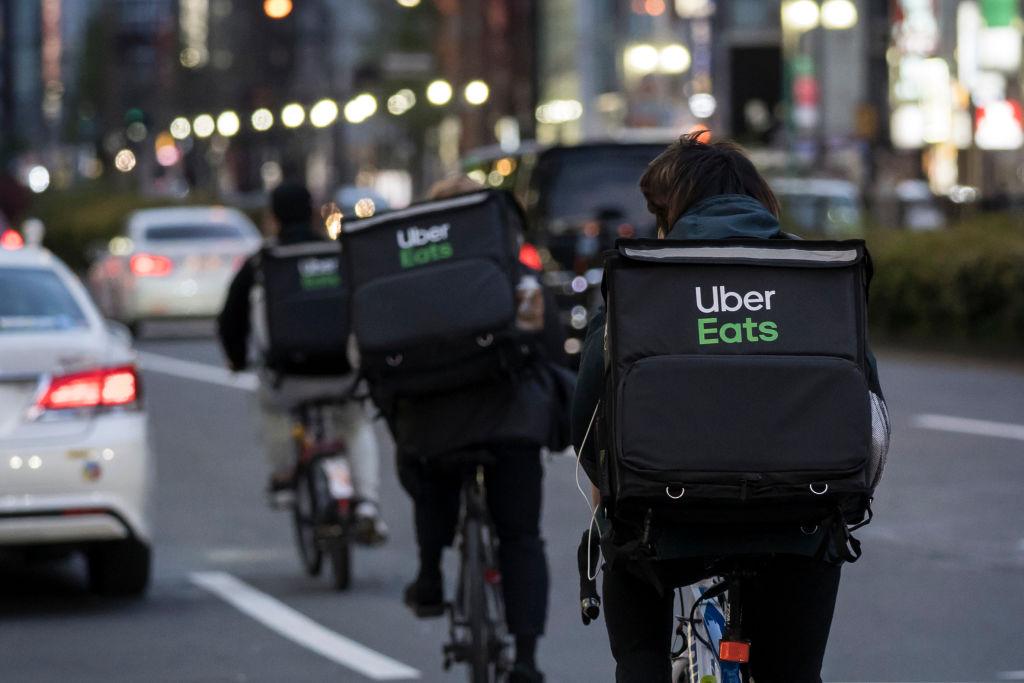Thousands of Australian restaurants will be asked to ditch plastic containers and adopt sustainable food packaging in a move by Uber to cut waste and take the “guilt” out of ordering food deliveries.
The changes to the Uber Eats platform are expected to roll out over the next three years, with the company outlining its goal to cut 80 percent of “unnecessary plastic waste” by 2025.





